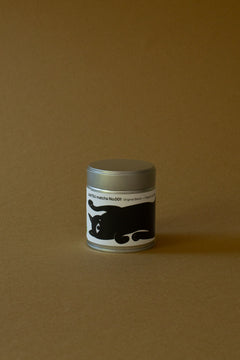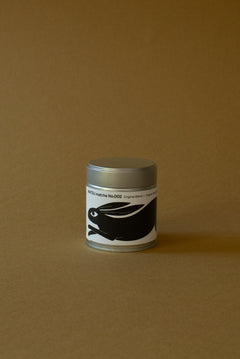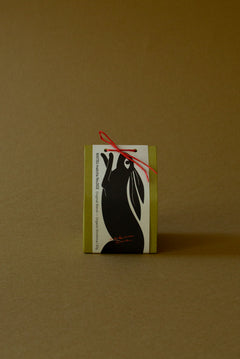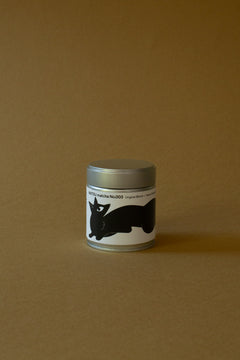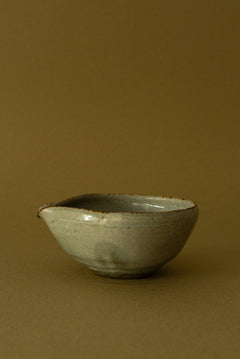Importing organic food to the European Union (EU) from outside of the EU can be a complex and challenging process. There are strict regulations and standards in place to ensure the quality and safety of organic products, which can make it difficult for producers from other countries to meet the EU's requirements.
What are the main challenges?
One of the main challenges of importing organic food to the EU is the difference in organic standards between countries. Each country has its own set of regulations and requirements for organic certification, making it difficult for producers to navigate the various rules and guidelines.
Another challenge is the lengthy and costly certification process. Producers looking to export organic food to the EU must obtain certification from an approved organic certification body, which can be a time-consuming and expensive process.
How do tariffs and trade agreements impact the process?
Tariffs and trade agreements can also impact the process of importing organic food to the EU. Tariffs on organic products can make them more expensive for consumers, while trade agreements can create barriers to entry for producers from certain countries.
Additionally, the EU's Common Agricultural Policy (CAP) plays a role in regulating the import of organic food. The CAP sets quotas and subsidies for organic products, which can affect the competitiveness of imported organic food in the EU market.
What are the potential solutions?
One potential solution to the challenges of importing organic food to the EU is to harmonize organic standards on a global scale. By creating a set of universal standards for organic certification, producers from all countries would be able to more easily comply with the EU's requirements.
Another solution is to streamline the certification process and reduce the associated costs. By simplifying the certification process and making it more affordable for producers, more organic food could be imported to the EU, benefiting both consumers and producers.
In conclusion, importing organic food to the EU from outside of the EU presents a number of challenges, from differing organic standards to costly certification processes. However, by working towards harmonization of standards and streamlining certification processes, these challenges can be overcome, allowing for more organic food to enter the EU market.
